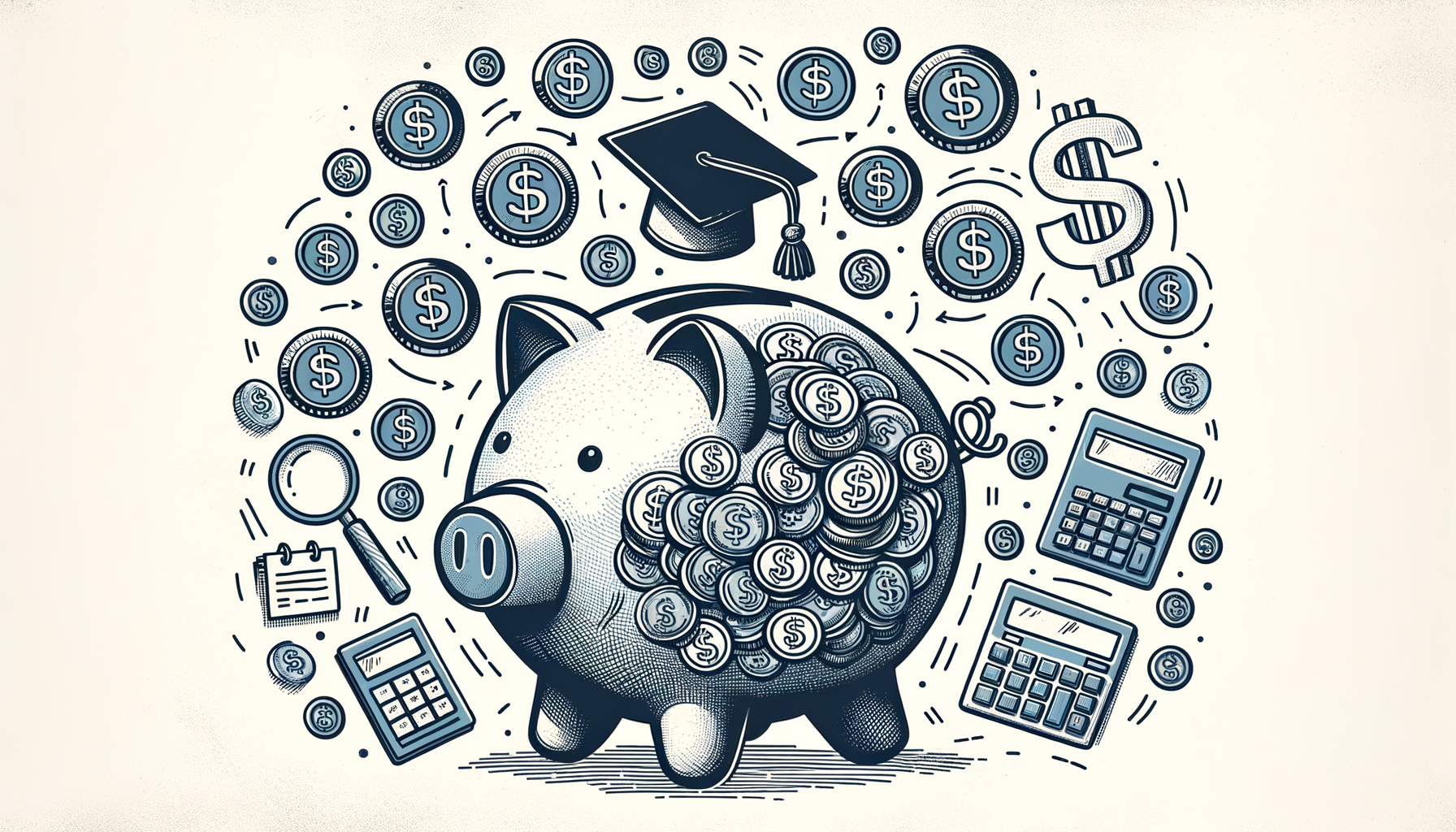Managing your HECS debt can feel overwhelming, especially when you're just starting your career or looking for a new job. However, understanding how to effectively pay off your HECS debt is crucial for financial freedom and peace of mind. This guide will walk you through practical steps and essential tips to help you take control of your HECS debt and plan your repayments strategically.
Understanding HECS Debt and How to Manage It
HECS debt, or Higher Education Contribution Scheme debt, is a government loan that helps Australian students pay for their university tuition fees. Unlike traditional loans, HECS debt repayments are income-contingent, meaning you only start repaying once your income reaches a certain threshold. This system is designed to ease the financial burden on graduates as they transition into the workforce.
To effectively pay off your HECS debt, it’s important to grasp several key aspects:
- How income thresholds affect your repayment obligations
- The impact of voluntary repayments on reducing your debt faster
- How your career progression and salary increases influence repayment amounts
- The benefits of budgeting and financial planning in managing repayments
- Government policies and changes that may affect your HECS debt
How To Pay Off Hecs Debt - Step by Step
Paying off your HECS debt doesn’t have to be complicated. By following a clear, step-by-step approach, you can make steady progress and reduce your debt efficiently. Here are five essential steps to guide you through the process.
Step 1: Understand Your Current HECS Debt Balance and Repayment Threshold
Start by checking your current HECS debt balance through the Australian Taxation Office (ATO) online services. Knowing your exact debt amount helps you plan your repayments better. Also, familiarize yourself with the current income threshold for compulsory repayments, as this determines when you need to start paying back your debt.
Step 2: Monitor Your Income and Employment Status
Your HECS repayments are linked to your income, so it’s important to keep track of your earnings. Whether you’re employed full-time, part-time, or freelancing, understanding how your income affects your repayment obligations will help you avoid surprises during tax time.
Step 3: Make Voluntary Repayments When Possible
While repayments are compulsory only above a certain income, making voluntary repayments can significantly reduce your debt faster. Even small additional payments can save you money in the long run by reducing the interest indexation applied to your debt.
Step 4: Budget and Plan Your Finances Around Repayments
Incorporate your HECS repayments into your monthly budget. Planning ahead ensures you have enough funds to cover repayments without compromising your essential expenses. Use budgeting tools or apps to keep track of your finances and adjust your spending habits if necessary.
Step 5: Stay Informed About Policy Changes and Seek Professional Advice
Government policies regarding HECS debt can change, affecting repayment thresholds or interest rates. Stay updated through official channels and consider consulting a financial advisor or career coach to optimize your repayment strategy based on your career goals and financial situation.
What You Need to Remember
Following the step-by-step guide is essential, but there are additional points to keep in mind to maximize your repayment success and avoid common pitfalls.
Do’s and Don’ts of Managing HECS Debt
Do regularly check your HECS debt balance and repayment status through the ATO portal. This helps you stay on top of your obligations and avoid unexpected debt increases. Don’t ignore your repayment notices or delay voluntary repayments if you can afford them, as this can lead to higher debt due to indexation.
Do take advantage of salary increases or bonuses to make lump-sum repayments. This can significantly reduce your debt faster. Don’t rely solely on compulsory repayments if your income fluctuates; proactive management is key.
Key Points to Remember
HECS debt repayments are income-contingent, so your repayment amount will increase as your salary grows. This means advancing your career and increasing your income can help you pay off your debt sooner. Additionally, voluntary repayments are not taxed and directly reduce your debt balance, making them a smart financial move.
By following these steps and tips, you can save thousands of dollars in interest and clear your HECS debt more quickly, freeing you to focus on your career and financial goals.
Frequently Asked Questions
- What happens if I don’t earn enough to make compulsory HECS repayments?
You won’t be required to make repayments until your income exceeds the repayment threshold. Your debt will remain on hold but may be indexed annually to keep up with inflation. - Can I make extra repayments on my HECS debt?
Yes, voluntary repayments are encouraged and can help reduce your debt faster without any penalties. - Will paying off my HECS debt affect my credit score?
No, HECS debt is managed by the government and does not impact your credit rating. - How do I know how much I need to repay each year?
The ATO calculates your repayment amount based on your taxable income and sends you a notice with the required repayment amount. - Can I negotiate my HECS repayment if I’m struggling financially?
Repayments are income-based, so if your income is low, your repayment amount will be low or zero. However, there is no option to negotiate repayment amounts beyond this structure.
Conclusion
Paying off your HECS debt is a manageable process when approached with clear knowledge and a strategic plan. By understanding your debt, monitoring your income, making voluntary repayments, budgeting effectively, and staying informed, you can take control of your financial future. If you’re ready to start, follow the step-by-step guide outlined above and begin your journey toward becoming debt-free while advancing your career.






